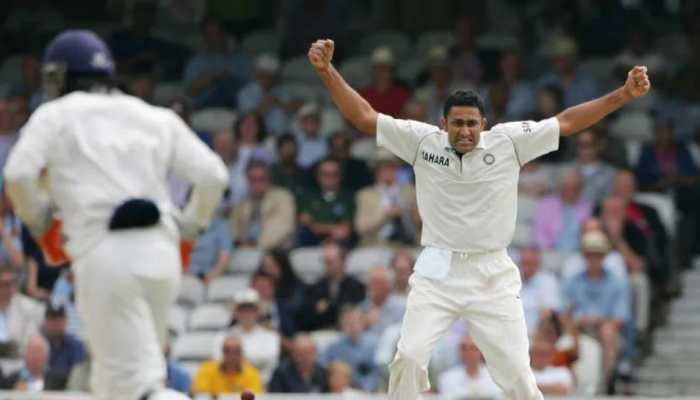Australian man dies after catching Japanese encephalitis in Thailand – How to recognise JE symptoms
The 60-year-old Victoria state resident contracted Japanese encephalitis (JE) while on a 10-day holiday in Phuket in May, reports Xinhua news agency.
Trending Photos
)
New Delhi: An Australian man, who contracted a rare mosquito-borne disease while on a holiday in Thailand, has died on Thursday.
The 60-year-old Victoria state resident contracted Japanese encephalitis (JE) while on a 10-day holiday in Phuket in May, reports Xinhua news agency.
It it is believed to be only the 10th recorded case of the disease recorded in Australia since 2001 and the second case reported in Victoria.
Shortly after returning home, the man began to suffer from headaches and confusion and would repeatedly fall asleep.
He died at the Royal Melbourne Hospital (RMH), where he spent more than three weeks since returning from his holiday.
Japanese encephalitis is a mosquito-borne viral infection, and is passed on by the Culex mosquito. It cannot be transmitted from one person to another.
Japanese encephalitis is endemic to Southeast Asia where it is common in rural areas. Between 20 and 30 per cent of cases of the disease cause a brain infection which ultimately leads to death.
Steven Tong, the doctor who treated the deceased man at the RMH, said that the risk of catching Japanese encephalitis was "vanishingly rare" due to the small number of mosquitoes that carry the disease.
"We don't have Japanese encephalitis within Australia itself, so it has to be acquired during travel to areas of risk," Tong told the media on Thursday.
Doctors said that man did not have any contact with animals or travel to rural areas while in Southeast Asia, but did report being bitten by mosquitoes many times.
Tong said that there was no threat the disease would spread within Australia because the disease breeds in aquatic birds which are not found in the country.
Symptoms and treatment
Symptoms of Japanese encephalitis include headaches, a fever, convulsions and focal neurological signs, and appear between five and 10 days after being infection. About 1 in 4 cases are fatal.
There is no cure for the disease. Treatment is focused on relieving severe clinical signs and supporting the patient to overcome the infection.
Safe and effective vaccines are available to prevent JE. WHO recommends that JE vaccination be integrated into national immunization schedules in all areas where JE disease is recognised as a public health issue.
(With IANS inputs)
Stay informed on all the latest news, real-time breaking news updates, and follow all the important headlines in india news and world News on Zee News.
Live Tv







)
)
)
)
)
)
)
)
)
)
